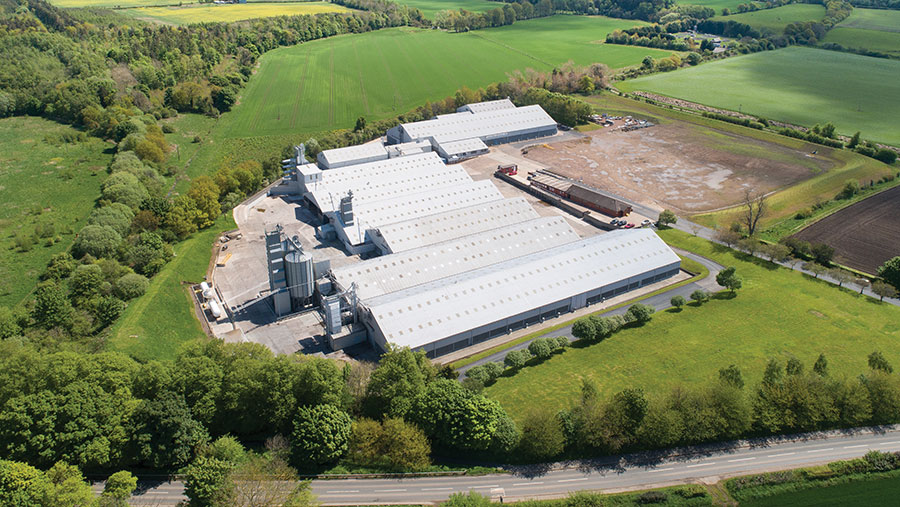Inglis store sale delays to put pressure on Scots growers
 © Savills
© Savills Farmers have been warned that delays to the sale of storage sites owned by collapsed grain merchant Alexander Inglis & Son (AIS) make it crucial to think through carefully their storage needs this season.
NFU Scotland’s combinable crops committee chairman Willie Thomson said the union was worried because it had originally been anticipated that all the sales would be completed before harvest started.
However, sales of the stores had proved to be more difficult than expected, with some deals stalling at a time when spring barley harvest was under way.
See also: Report reveals devastation of grain trade failure
“We understand that the Swarland site sale will happen shortly and there will be grain storage available there,” he said in a blog post to NFUS members.
“The Errol site sale is proceeding, and work is being done to make storage available there when the sale goes through.
“We were expecting these sales to happen last month, so although we remain optimistic that they will be available for harvest, we cannot say for certain.”
But Mr Thomson warned that there was “wrangling” over the sales of the two biggest sites – Ormiston and Charlesfield – so it could be some time before they were sold.
Ormiston has a capacity of about 80,000t and Charlesfield can accommodate 60,000t.
Traditionally, Charlesfield, in the Scottish Borders, has been used by many local farmers who do not have long-term storage. They will therefore need to find an alternative home for their crop.
Haulage concerns
Mr Thomson said while other merchants were keen to buy the barley traditionally purchased by Inglis, there was concern about the potential for grain uplift disruption this year.
“That barley needs to move off farm and will be reliant on lorries, and haulage is currently an issue UK-wide.
“We hope that all the merchants have the logistics in place, but we will find out as we go through harvest,” he said.
Plan ahead
NFUS is urging farmers to plan for different eventualities, such as where they would store grain if lorries are delayed and how they can maintain quality if there are problems.
“The reality is that storage could well be tight this year and we encourage all growers to do what you can to avoid potential problems, including talking to your grain buyer and contacting Ringlink if you have or need additional storage on-farm,” said Mr Thompson.
Ringlink, along with other machinery rings in Scotland, is helping members to find farmers with spare capacity for grain drying and storage.
